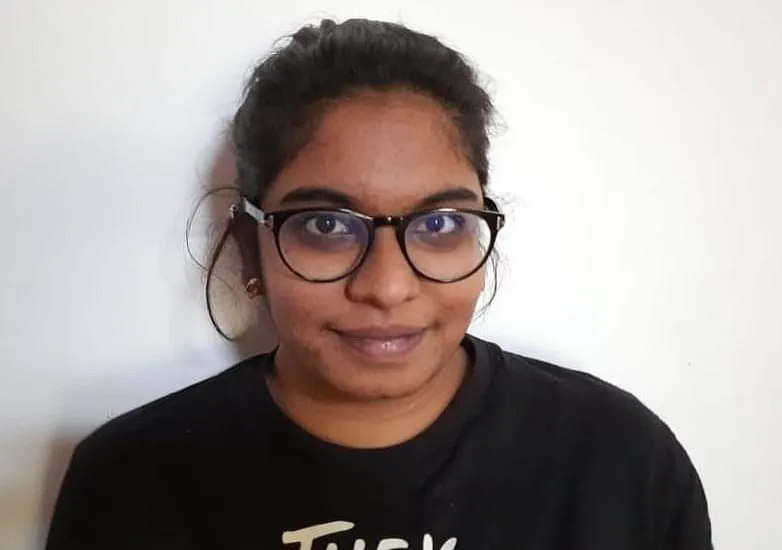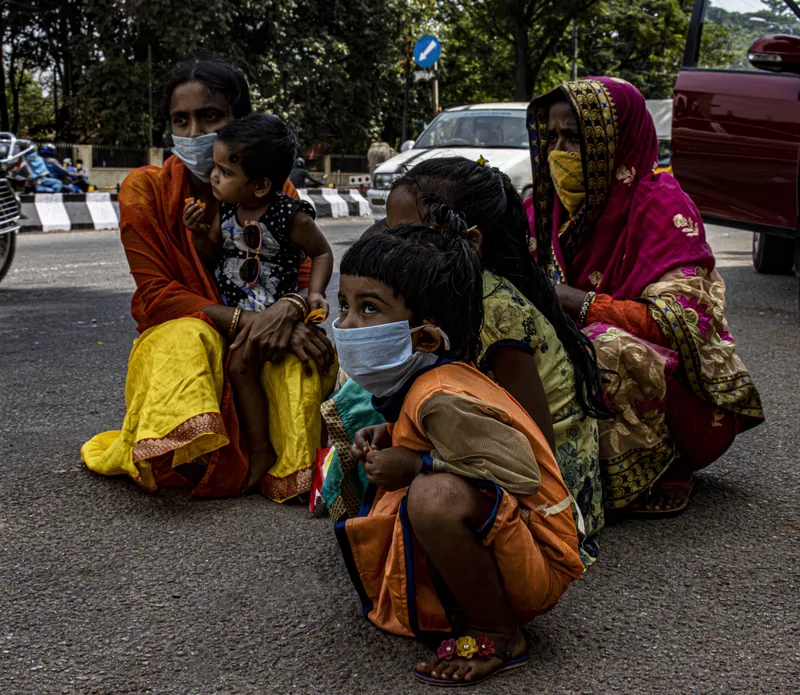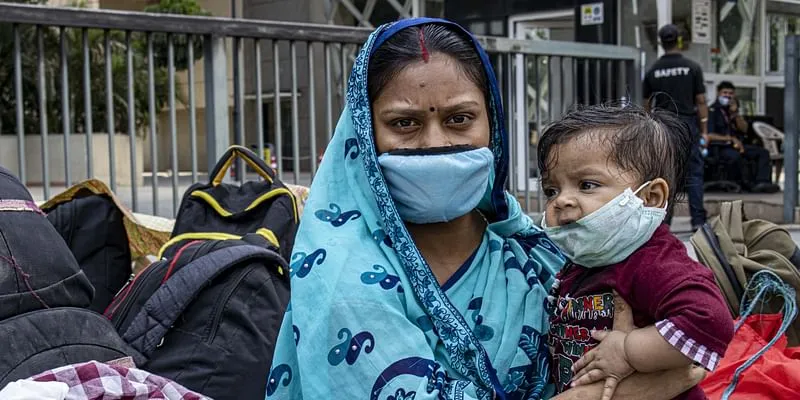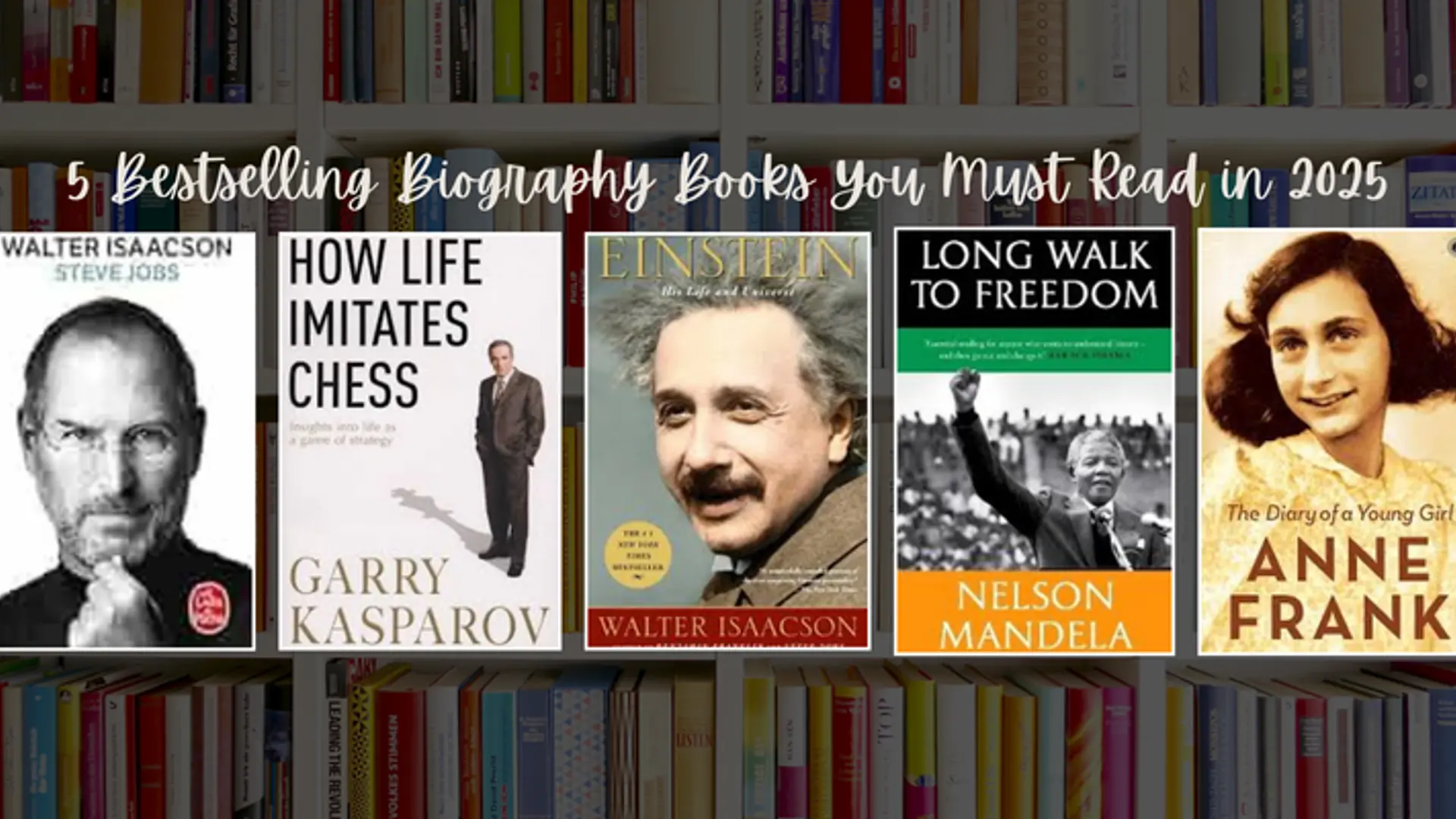I wanted to capture loss, isolation: Bengaluru's Ramita Rathod on her award-winning photo documentary about plight of migrant workers
The 21-year-old photographer talks to SocialStory about Lost in Transaction that has won the Girls’ Voices for Change 2020 award from the US-based Greater Good Charities.
When a nationwide lockdown was announced in late March to curb the spread of COVID-19, 21-year-old Bengaluru resident Ramita Rathod witnessed the plight of migrant workers, who lost their livelihoods and were either stranded in cities or had to make their way home to villages and small towns.
As part of an NGO, Ramita’s mother helped out those in distress. But Ramita also wanted to contribute during the difficult times. So, she decided to use her photography skills to document the stories of migrant workers.

Ramita Rathod
That photo documentary, Lost in Transaction, has won her the Girls’ Voices for Change 2020 award from US-based Greater Good Charities.
A bibliophile and photography lover since Class X, Ramita’s passion is to tell stories through pictures. She has a certificate in professional photography from the School of Contemporary Media, Pearl Academy’s Mumbai campus.
In a tête-à-tête with SocialStory, Ramita talks about her passion, how the photo documentary opened her eyes to the harsh reality faced by migrant workers, and how she feels about being recognised for her work.
Edited excerpts:
Social Story [SS]: What inspired you the most to take up photography?
Ramita Rathod [RR]: By the time I was 10, I had already lived in three different states and travelled extensively around India and other parts of the world. I always wanted to tell the stories of my journey around the world.
I first fell in love with the camera when I was in Grade X. I was in Kabini (Kerala-Karnataka) with my family. My father had a Canon 1100D and I kept experimenting with it. I was awed by the powerful stories a camera could help me narrate and from there came the inspiration to be a storyteller.
SS: How did you come up with the idea for Lost in Transaction?
RR: Lost in Transaction is a photo documentary on the issues that migrants faced during the lockdown. There was a lot of chaos, anxiety and fear among the people. The idea behind the project was to shift the focus on the lives of migrants, who spend most of their lives away from families just in search of work.
I wanted to tell their stories through the camera lens and capture expressions that reflect being lost, isolated, especially in the challenging times of COVID 19.
SS: Can you tell us a little more about the project?
RR: Last year, tens of thousands of daily wagers and migrant workers suddenly found themselves isolated, without jobs, and caught in a dark, uncertain future. There was an absolute need for social protection for most of the migrant workers, who were scared, worried about their families back in villages, and desperate to leave the cities without any resources in hand.
My mother runs an NGO called SAFAL (Skills Academy for Appropriate Livelihoods) that upskills and ensures livelihood for the needy. During the lockdown, the NGO was running a welfare programme distributing ration kits to migrant workers, who could not travel back to their villages and hometowns. I wanted to contribute to the cause, so I decided to document their stories through photographs.

One of the winning photographs
The whole process was insightful as I came to understand the hard conditions migrant workers were surviving in and I was encouraged by their resilience in the face of difficulties brought by the pandemic. It was challenging at first, as most of them were hesitant to talk and share their experiences.
While doing the project, I received help from my family and an amazing team that encouraged me during the shoot. Moreover, the Bengaluru Police was patient and took time out of their busy schedules to talk about the challenges they were facing during these unprecedented times. The migrant workers soon became comfortable with us and were vocal about their problems.
SS: What were some of the challenges you faced during the project?
RR: There were numerous challenges. When I decided to do this project, there was some resistance in the beginning from my family as they were worried about me due to COVID-19 cases multiplying every day.
I had to be very cautious and take all the necessary measures, as I also have my grandmother at home. But most surprising was the resistance I faced from people living around me: they had a biased opinion about migrant workers and thought they were more prone to the virus. There were also some restrictions posed by the police as they were working on the ground, but they supported us immensely during the project.

Another one of the winning photographs capturing the essence of the struggles
SS: What does the award Girls’ Voices for Change 2020 mean to you?
RR: Girls’ Voices is a media training and scholarship programme by Greater Good Charities for girls who face obstacles in their education. Through digital media training, Girls’ Voices empowers girls around the world to learn how to tell their own stories through film and photography.
It feels great to have an international platform to showcase the stories I gathered and being able to talk about a subject close to me: the Indian migrants. I did not think of making it this far. I thought I wasn’t going to win this.
In fact, I almost forgot I had taken part in this competition until I got an email saying I was one of the finalists. It feels great to be a winner in the “Change for People” category for photo essays.
SS: What are your plans?
RR: I aspire to be a documentary photographer. I am also open to trying out other genres of photography. I want to experiment with fashion photography and fine art photography.
Apart from this, I am working on a personal project, where I am putting together my poetry and photography. That is something I am looking forward to.
Edited by Lena Saha








